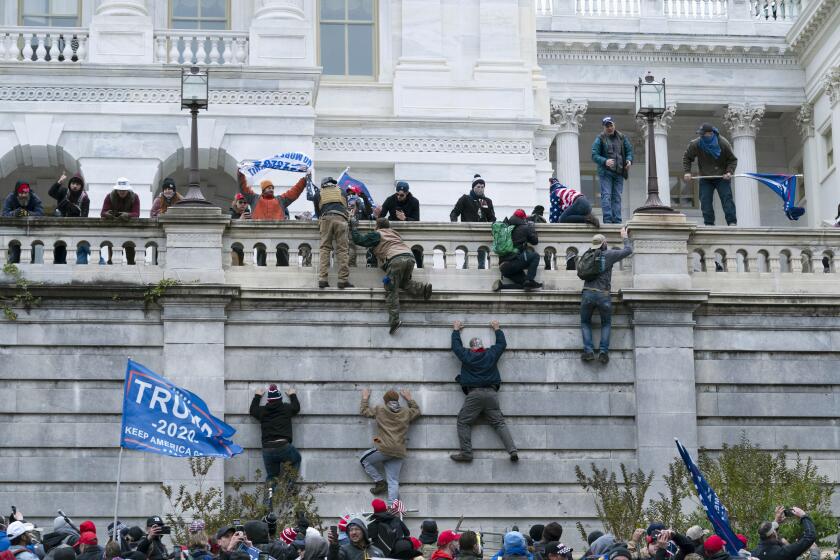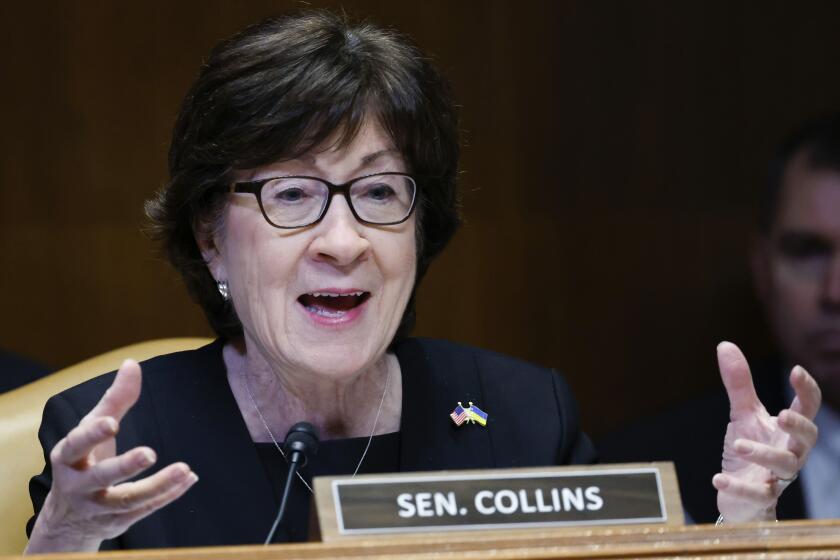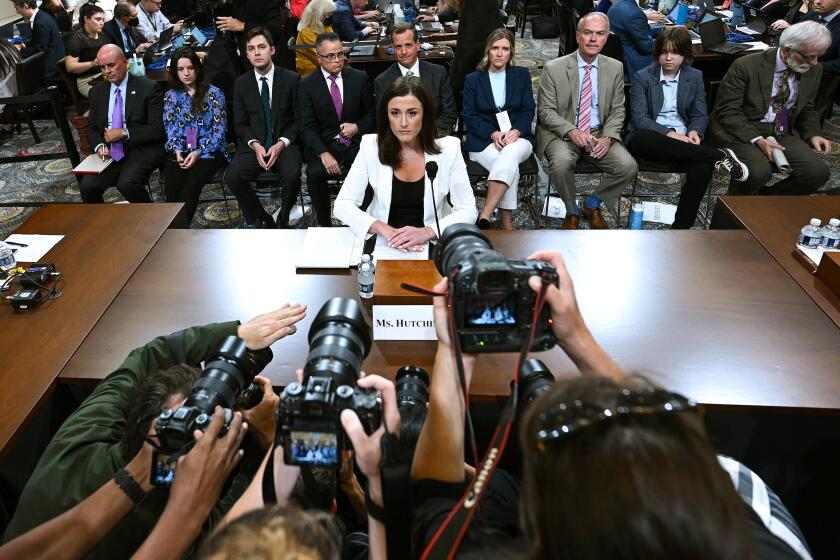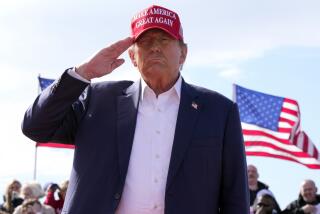September 2022 plans for the Jan. 6 committee
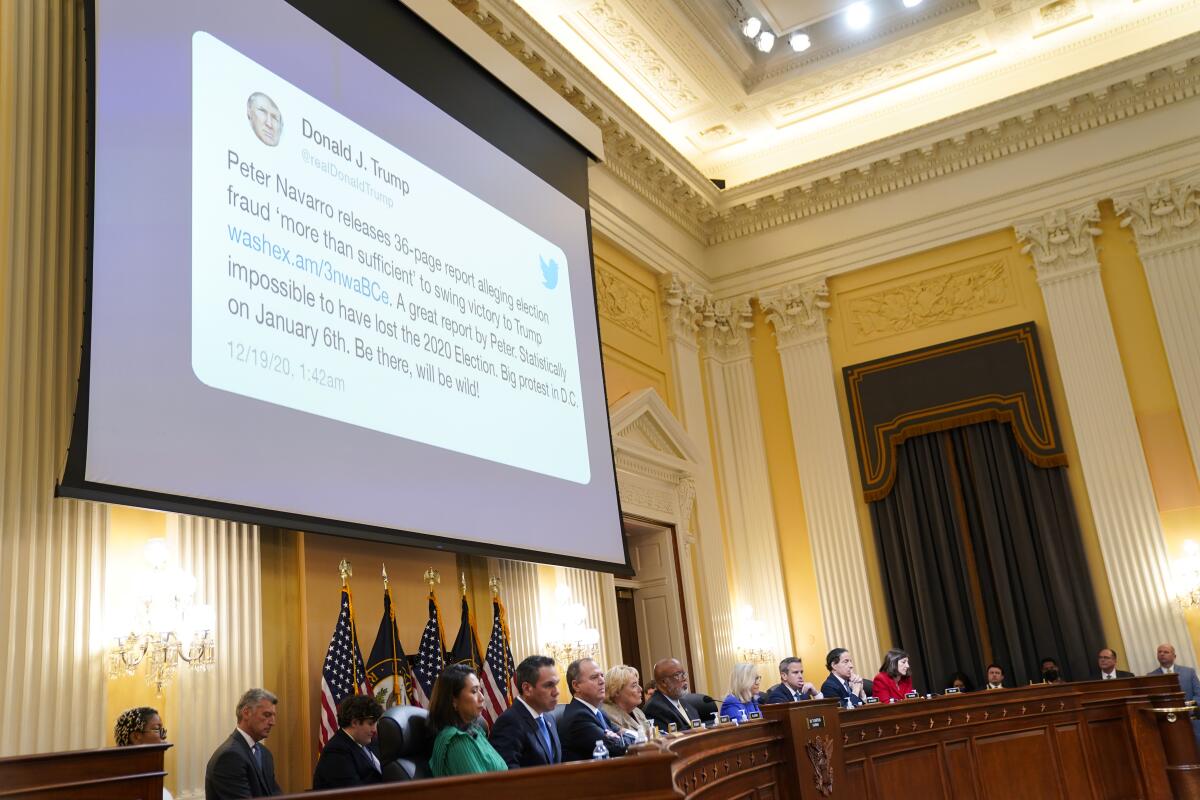
UPDATE: More hearings are expected in September. Here’s what we know so far.
The House Jan. 6 select committee is not done yet.
At Thursday’s hearing, Vice Chair Liz Cheney (R-Wyo.) said the panel would spend the next month poring over new information that has emerged in recent weeks as more witnesses have come forward.
“Doors have opened, new subpoenas have been issued and the dam has begun to break,” she said, adding: “We have far more evidence to share with the American people, and more to gather.”
Later, Cheney concluded the hearing by saying, “We have much work yet to do, and we will see you all in September.”
The committee hasn’t set dates yet for any future sessions, nor has it revealed the witnesses it plans to present. This article will be updated with specifics about the next hearings as soon as they are available.
The proceedings have been broadcast live on YouTube, the major TV networks, CNN, MSNBC and C-SPAN. Fox News has offered live coverage only of the sessions held early in the day, sticking with its regularly scheduled nightly programming and handing the prime-time hearings off to Fox Business.
How to watch
ABC, NBC, CBS, CNN, MSNBC and CSPAN have all been airing the hearings instead of their usual programming.
Fox News has offered live coverage of the hearings held in the morning and afternoon hours, while leaving the prime-time hearings to its less popular sibling, Fox Business.
The hearing have also been streamed on the select committee’s YouTube channel, which also offers a recording of each completed session.
“We can’t sweep what happened under the rug,” Committee Chair Bennie Thompson (D-Miss.) said June 9 at the opening hearing. “The American people deserve answers.”
Here are links to the hearings held so far, as well as some suggestions about what to expect next.
The committee investigating the insurrection will focus on what Trump was doing on Jan. 6, 2021. This is the story of what happened without him.
Thursday, June 9
What happened: The committee led with a graphic and emotional look back at the attack on the U.S. Capitol that occurred as lawmakers tried to count electoral votes. One key moment was a 10-minute video with previously unseen footage of protesters battering their way into the Capitol. Another was the testimony of Capitol Police Officer Caroline Edwards, who said she was “slipping in people’s blood” as she fought to defend the lawmakers inside.
Monday, June 13
What happened: The second hearing revealed evidence that Trump and his advisors knew there was no election fraud yet spread the “Big Lie.” Trump, the committee said, was informed multiple times by campaign staffers and Atty. Gen. William Barr that there was no proof of fraud.
A bipartisan group of senators has reached agreement on proposed changes to the Electoral Count Act in an attempt to prevent another Jan. 6 attack from occurring.
Thursday, June 16
What happened: This hearing focused on the pressure that Trump and conservative California lawyer John Eastman exerted on Vice President Mike Pence to reject electoral votes from seven states Biden won — this might have enabled Trump to hold on to the presidency — even though they knew their actions were illegal. The panel heard from a top Pence aide, who said the vice president never believed he had the power to throw the election to Trump, as well as a conservative judge who helped Pence resist Trump’s demands.
Tuesday, June 21
What happened: The committee heard testimony from the speaker of the Arizona House of Representatives and two election officials from Georgia, all Republicans, about the efforts by Trump and his lawyers to get them to reverse election results without the legal authority to do so. An election supervisor from Fulton County, Ga., also spoke emotionally about the harassment she, her mother and her grandmother endured after they were accused by Trump of election fraud — a claim he knew had been debunked.
Thursday, June 23
What happened: Three former top Justice Department officials in the Trump administration recounted the former president’s concerted efforts to have the department declare the election tainted and to push state legislatures to throw out the results. When they resisted, they said, the president was set to name another appointee, Jeffrey Clark, as the acting attorney general, only to back off when the department’s entire leadership threatened to resign. The day before the hearing, Clark’s home was raided by federal investigators.
Trump “wanted the Justice Department to help legitimize his lies, to baselessly call the election corrupt, to appoint a special counsel to investigate alleged election fraud,” Thompson said.
Tuesday, June 28
What happened: In a surprise move, the committee brought former White House aide Cassidy Hutchinson in to testify publicly while the House was in recess. Her main focus was on conversations she had with top administration officials in the White House’s West Wing leading up to and during the events of Jan. 6. Among other revelations, she testified about being told that Trump had waved off concerns about weapons in the crowd that day, that he’d wanted to go to the Capitol so badly that he’d tussled with a Secret Service officer in his vehicle, and that he didn’t think the rioters who were chanting “Hang Mike Pence” were doing anything wrong.
Trump has criticized her testimony on Truth Social, his fledgling social media network, calling her “Lyin’ Cassidy Hutchinson,” among other critiques.
A series of congressional hearings about the Jan. 6, 2021, attack on the U.S. Capitol have been televised. Here’s what you need to know.
Tuesday, July 12
What happened: The committee laid out how Trump’s call for a protest on Jan. 6 reverberated with his supporters and extremist groups, who interpreted it as a summons to stop Congress from affirming Biden’s victory in the electoral college. A former Twitter employee, whose recorded testimony was presented anonymously, said Trump seemed to be tweeting directly to extremist groups, and judging by the messages he saw, the witness said, he expected violence on Jan. 6.
The hearing featured parts of former White House Counsel Pat Cipollone’s recorded deposition.
The panel also heard from Jason Van Tatenhove, a former spokesman for the extremist Oath Keepers group, who said the day “was going to be an armed revolution.” And Stephen Ayres, who has pleaded guilty to entering the Capitol on Jan. 6, told the committee that he went there only because Trump urged his supporters to do so in his speech that day.
Thursday, July 21
What happened: This hearing focused on what Trump was seeing, hearing and doing on Jan. 6 in the hours after he urged a massive crowd of his followers on the Ellipse near the White House to march on the Capitol. Two former White House aides — Sarah Matthews, an ex-deputy press secretary, and Matthew Pottinger, a former deputy national security advisor — and a host of other witnesses offering taped testimony described how Trump ignored pleas from advisors, family members and Republicans in Congress to call off the rioters.
In fact, the witnesses said, Trump made matters worse by sending a tweet criticizing Pence as the vice president was being hustled away from protesters in the Capitol amid fears for his life. The president eventually put out a video praising his followers and urging them to go home, after Pence had demanded the military’s help to quell the riot.
Future hearings
Cheney said Thursday that the committee set out in June to document “what ultimately became Donald Trump’s seven-part plan to overturn the 2020 presidential election.” The panel devoted a hearing to each part, wrapping up with Thursday’s session on Trump’s actions — or inaction — during the siege.
It’s not clear where the committee will go next, but one witness yet to be heard from is former Trump strategist Stephen K. Bannon. Currently on trial in Washington on charges of contempt of Congress for defying the panel’s subpoena last year, Bannon recently agreed to appear before the committee.
Cheney offered a taste Thursday of what Bannon might tell the public, playing a segment of a recording Mother Jones obtained of a meeting Bannon held a few days before the 2020 election.
“What the new Steve Bannon audio demonstrates is that Donald Trump’s plan to falsely claim victory in 2020, no matter what the facts actually were, was premeditated,” she said.
Times staff writers Anumita Kaur and Nolan D. McCaskill contributed to this report.
The Jan. 6 committee has done a splendid job establishing Trump’s misconduct. But so far, it’s not enough for a court of law.
More to Read
Get the L.A. Times Politics newsletter
Deeply reported insights into legislation, politics and policy from Sacramento, Washington and beyond. In your inbox three times per week.
You may occasionally receive promotional content from the Los Angeles Times.
